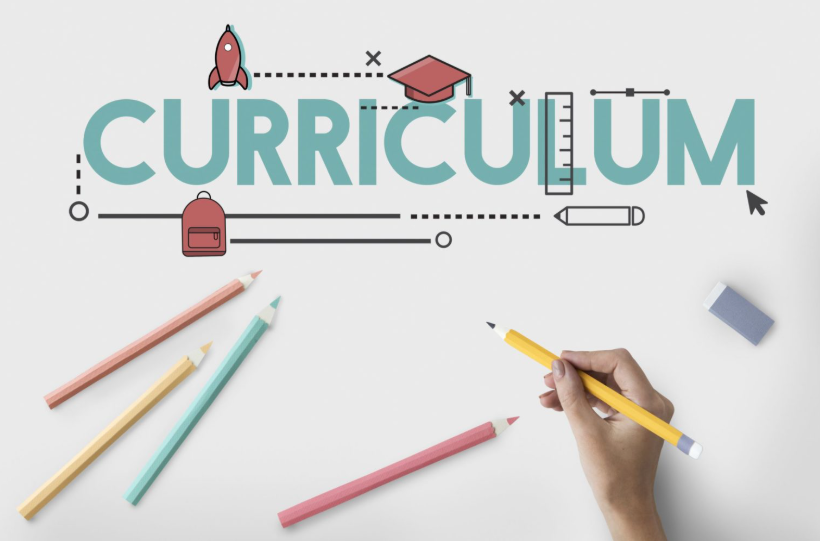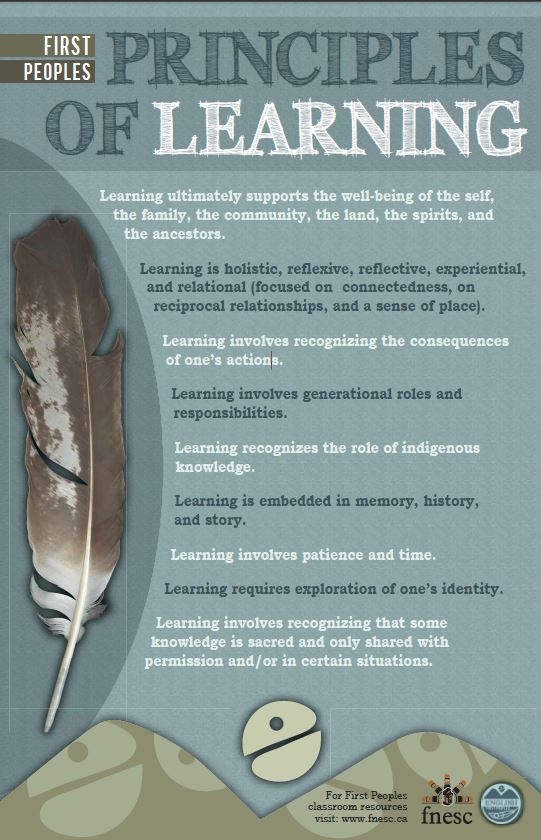BC Curriculum

http://www.curriculum.gov.bc.ca
Teaching requires using a framework and structured plan of what students are to learn and skills they are expected to acquire throughout their educational journey. Fortunately, the BC curriculum provides this foundational structure to help teachers to guide their instruction and teach the whole child. The curriculum is important because it helps to establish clear goals and expectations for students, outlining and addressing the components of content, core competencies, assessment, goals and student self-reflection. The redesigned BC curriculum has a strong focus on building and strengthening literacy and numeracy skills to help prepare students to be successful and contributing members of society. Additionally, the core competencies, which are intellectual, personal, and social and emotional proficiencies, add another layer of holistic curriculum that center on student self-assessment and self-awareness; both of which help in the development of the student.
Professional Standards
https://www2.gov.bc.ca/assets/gov/education/kindergarten-to-grade-12/teach/teacher-regulation/standards-for-educators/edu_standards.pdf
Reflection
Professional standards for teachers are essential in ensuring high-quality education and fostering a positive, inclusive learning environment. These standards guide teachers in maintaining ethical conduct, promoting student well-being, and continuously improving their practice. As a future educator, I recognize the importance of maintaining professionalism, including upholding integrity, respecting diversity, and engaging in ongoing professional development. Teachers must also collaborate with colleagues, families, and communities to support student growth. By adhering to these standards, I aim to build trust with my students, provide equitable learning opportunities, and model the values of respect, responsibility, and dedication to lifelong learning.
First Peoples Principles of Learning
https://www2.gov.bc.ca/assets/gov/education/kindergarten-to-grade-12/teach/teaching-tools/aboriginal-education/principles_of_learning.pdf

Reflection
The First Peoples Principles of Learning emphasize the importance of connection, respect, and holistic approaches in education. As a future teacher, I recognize that learning is relational, and understanding a student’s cultural and personal background is key to their growth. These principles encourage learning as a lifelong process, rooted in land, culture, and community. I believe in fostering an environment where Indigenous ways of knowing and being are respected and incorporated into the curriculum. The power of a teacher who cares cannot be underestimated; by creating a safe, supportive environment, I can inspire students to reach their full potential. By embracing these principles and showing genuine care, I hope to foster a classroom where students feel valued, respected, and empowered to learn.
Truth and Reconciliation Calls to Action
https://www2.gov.bc.ca/assets/gov/british-columbians-our-governments/indigenous-people/aboriginal-peoples-documents/calls_to_action_english2.pdf
Reflection
As a future teacher, the Truth and Reconciliation Commission’s Calls to Action hold particular significance to me. I believe that education is a powerful tool for reconciliation. I am committed to fostering an inclusive, respectful, and culturally responsive classroom environment where Indigenous histories, cultures, and perspectives are woven into the curriculum. By learning about and honoring Indigenous traditions, we can begin to heal and bridge divides. I plan to incorporate Indigenous teachings and create spaces for meaningful dialogue, allowing students to gain a deeper understanding of reconciliation. My role as an educator will be to promote empathy, respect, and awareness, helping to create a future where all students, especially Indigenous youth, feel seen, valued, and supported.
The Truth and Reconciliation Commission’s Calls to Action are a vital step towards healing the legacy of residential schools and addressing the systemic injustices faced by Indigenous peoples in Canada. These 94 calls emphasize the need for cultural, educational, and legal changes, such as improving Indigenous education, healthcare, and legal protections. Reflecting on them reminds us that reconciliation is an ongoing process, requiring commitment from all levels of government and society. It is a collective responsibility to honor these calls, repair relationships, and ensure that future generations of Indigenous peoples are respected, empowered, and able to thrive.
